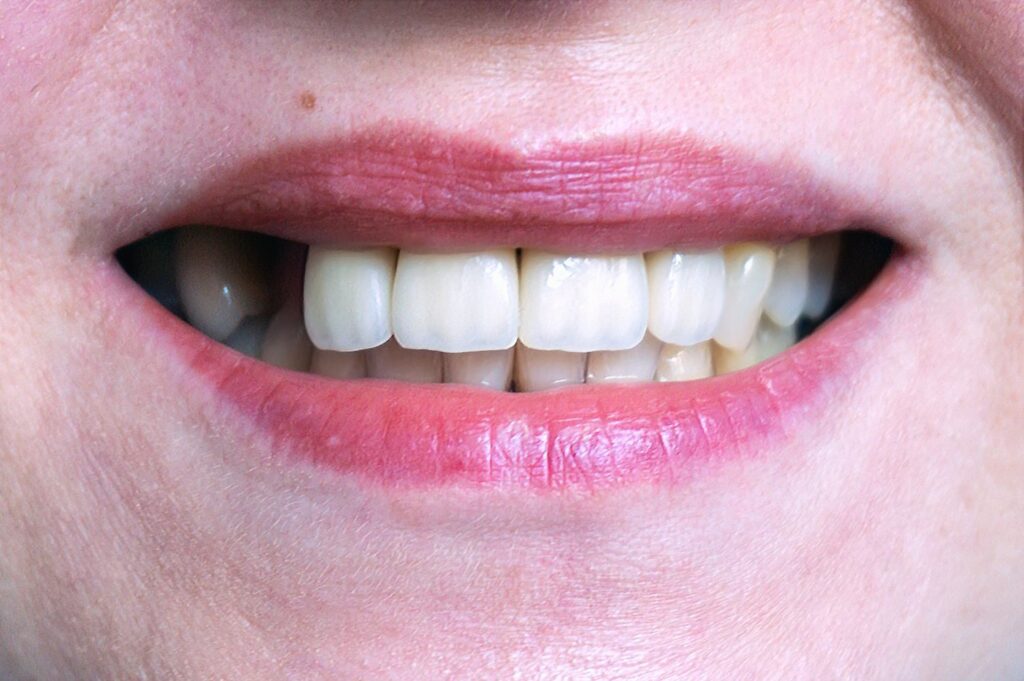Replacing a lost tooth, or teeth, quickly is important for maintaining a healthy, functional smile that enables you to enjoy a good quality of life each day. Tooth loss without replacement of missing teeth can lead to serious oral health complications. Even a single missing tooth can disrupt your life significantly.
Dr. Brent Engelberg is a highly trained and experienced restorative and cosmetic dentist and offers the most advanced treatment options for replacing missing teeth in his Arlington Heights dental practice. Dr. Engelberg works with patients on an individual basis to help them choose the best solution for their unique needs, goals, and budget. Replacing missing teeth will restore your dental health – and your confidence!

Missing Teeth Treatment Options
During consultations, Dr. Engelberg will assess your dental health and discuss what goals you are looking to achieve. Based on your preferences and oral health needs, he will determine the treatment option(s) most suitable for you. Treatments for replacing your missing teeth can include:
- Dentures: For patients missing all of their upper or lower arch of teeth, we offer cosmetic dentures for a comfortable fit and a natural-looking smile. Dentures can be secured with dental implants for a permanent solution that provides superior patient satisfaction and lasting results.
- Dental implants: Recommended for a single tooth or to secure a denture, dental implants provide the most natural-looking and functioning tooth replacement.
- Dental bridge: A dental bridge can replace one or several teeth and is secured by a dental implant or natural tooth strengthened by a dental crown.
Risks of Not Replacing Missing Teeth
If you extract or lose a tooth, you should seek replacement as soon as you can to restore your smile. Missing teeth can lead to aesthetic, functional, and structural complications and a heightened risk of many dental problems. Examples of issues that many patients face which stem from tooth loss include:
- Changes in the shape and appearance of your jaw, face, and smile
- Increased risk of tooth decay, gum disease, and additional tooth loss
- Difficulty eating, speaking, chewing, and completing other oral functions
- Deterioration of the jawbone, leading to discomfort and dysfunction in the jaw
- Shifting of remaining teeth which may cause bite problems and other dental alignment concerns.
Common Causes of Missing Teeth
You could lose one or more teeth in a multitude of ways. You cannot always prevent missing teeth, but knowing the potential causes of tooth loss can reduce the risk of this dental complication. Some common reasons you may lose a tooth are as follows:
- Gum recession from periodontal disease
- Jawbone deterioration due to infection or previously lost teeth
- Advanced tooth decay
- Severe infection within a tooth
- Impact trauma to the face
- Extraction procedure by your dentist.
Missing Teeth FAQs
How can I prevent tooth loss?
Sometimes, you can’t prevent a missing tooth if you experience dental trauma. However, in most cases, you can save your teeth with good lifestyle habits. We recommend brushing and flossing, avoiding sugary foods and drinks, drinking enough water, and visiting the dentist regularly. Preventive oral health care both at home and from your dentist will keep your teeth strong enough to resist potential issues that can progress and lead to tooth loss.
Does losing back teeth change your face?
Missing back teeth can change the shape and structure of your face. Losing one or more molars at the back of the mouth can create a sagging appearance in a patient’s face. Tooth loss may also lead to bone deterioration in the jaw, which can further affect the structure of the face over time, changing your overall appearance.
Can I lose more teeth if I already have a missing tooth?
Losing more teeth is possible if you have a single missing tooth. If you lose a tooth due to a dental infection, the infection can spread to other teeth. You can lose more teeth if underlying dental conditions like gum disease or tooth decay cause your initial tooth loss. Missing teeth may also put you at a greater risk of developing these dental problems, which will increase your chances of losing more teeth.
How long can you go without a tooth implant?
It is recommended that patients wait at least ten weeks before having an implant put in after losing or having a tooth extracted. This gives the mouth and gum tissue adequate time to heal. You should consult with your dentist as soon as you can after losing a tooth to learn the best time to begin your implant dentistry treatment.
How long will it take to replace a missing tooth?
The length of time it will take to restore your smile after losing a tooth will vary depending on the type of treatment you pursue. Your dentist can provide you with removable dentures within a few weeks. It can take between three and six months to complete dental implant treatment. The implant dentistry process will involve a healing period after the placement of implanted anchors before you can receive your dental prosthetics.
How much does it cost to replace missing teeth?
The cost of your treatment will depend on the number of missing teeth and the type of restoration you choose. While dental implants can cost more than removable dentures or traditional bridges, they last longer. It is also less costly to replace a single lost tooth with a dental implant than full arches of missing teeth with multiple implants.
Schedule a dental exam with Dr. Engelberg today.
The first step to restoring your smile and dental health in the wake of tooth loss is a consultation with Dr. Engelberg in his Arlington Heights dental office. Call AH Smiles at (847) 230-9703. AH Smiles serves many local neighborhoods near Long Grove, Deerfield, Northbrook, Buffalo Grove, and Arlington Heights.
